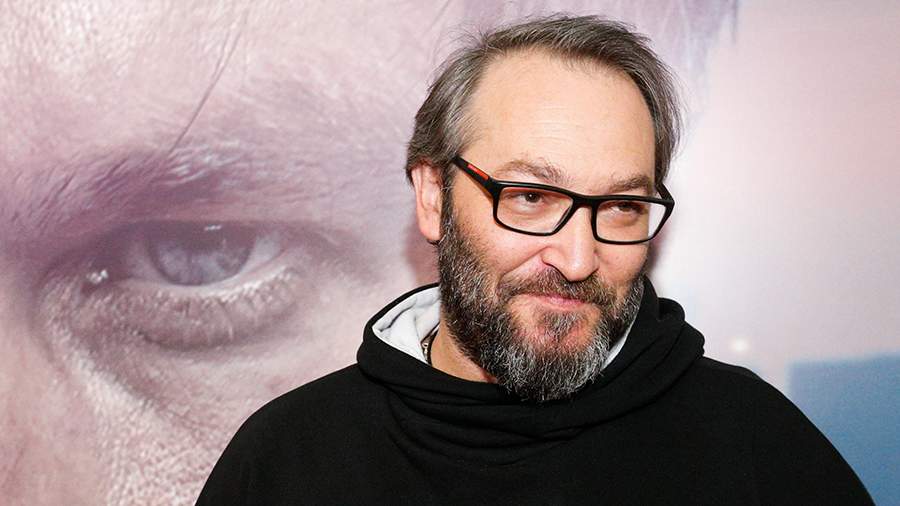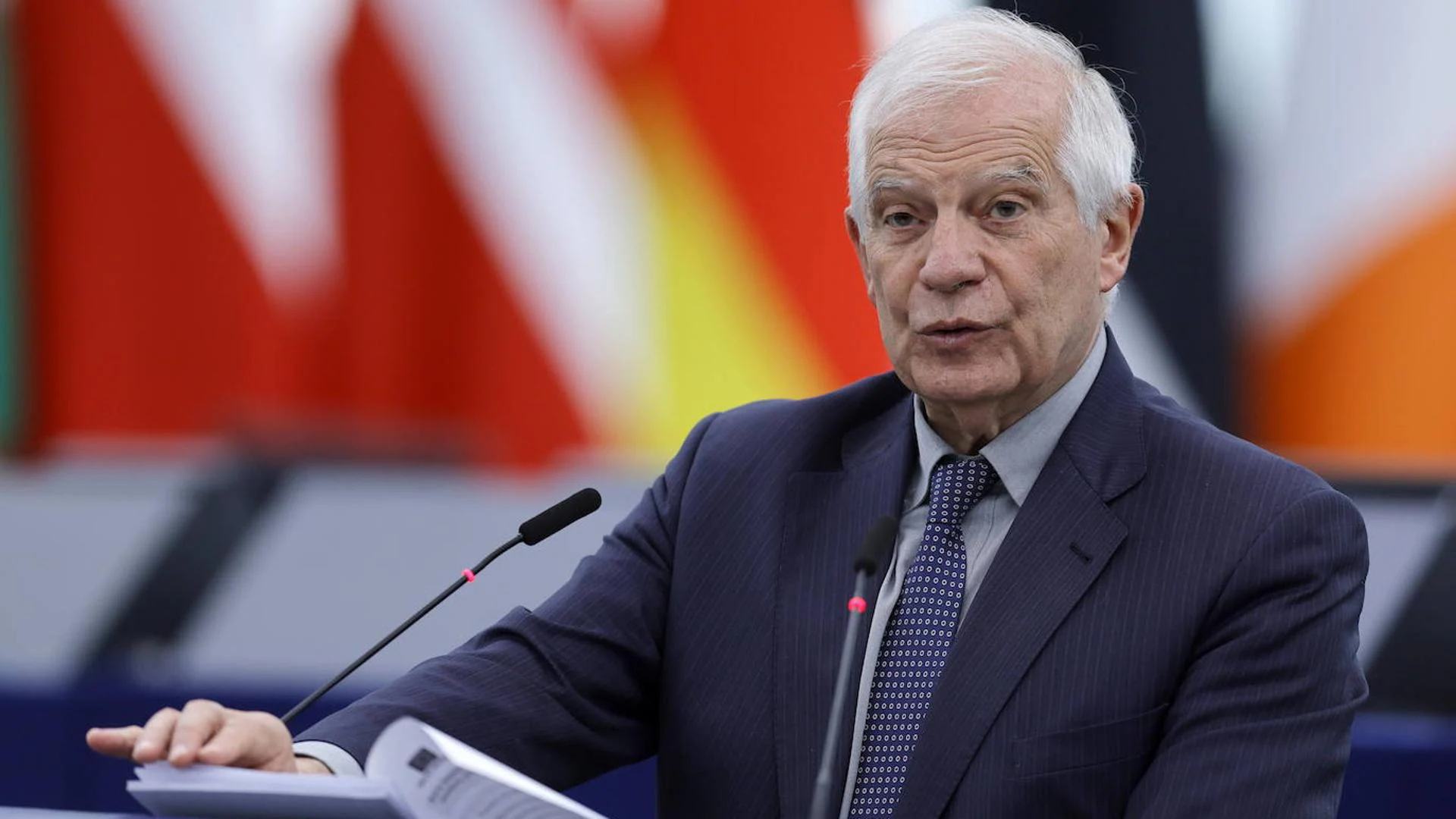HS Visio|Market analysis
Fortum’s subsidiary Uniper was to be a low-risk dividend machine. Now the turmoil in the electricity market and the risks in Russia have rocked the company dangerously, writes HS Vision Alex af Heurlin.
Investors Russia’s risks have materialized. The Moscow Stock Exchange’s RTS index plunged 35 percent on Thursday after the Russian invasion.
One less talked about but significant Russia risk lies in Fortum’s German subsidiary Uniper. Uniper’s risks are reflected in investors, the parent company Fortum, Finnish taxpayers and, more broadly, the entire European energy market.
The situation of Uniper is difficult in many ways.
One concrete, largely realized risk is the Nord Stream 2 gas pipeline, which has been funded by Uniper. German Chancellor Olaf Scholz said on Tuesday that the gas pipeline project could not proceed. The tube is useless if it cannot be used.
“
The portfolio is huge in size, and its swings will lift investors ’hair upright.
Another risk is Unipro’s subsidiary Unipro. Unipro, listed in Moscow, owns several power plants in Russia. Unipro alone is not a matter of fate for Uniper. Unipro’s market capitalization on Thursday was approximately EUR 1 billion, or one tenth of Uniper’s market capitalization.
Uniperin much more worrying are the risks, the size or probability of which is impossible to assess from outside the company.
Uniper’s main business is simple. The company buys gas from Russia and promises to supply gas to its customers at a slightly higher price. Uniper wraps the difference between the purchase and sale price for itself.
Now there is a danger that Russia’s gas taps will close. Then Uniper should look for the gas promised to customers somewhere else. If Uniper has to buy gas from the world market in a crisis, it will be expensive.
CEO of Uniper Klaus-Dieter Maubach In an investor call on Wednesday, he said he trusted Gazprom as a contract partner. The tone was not soothing, but grave-serious.
Then is a derivative portfolio of Uniper. The portfolio is huge in size, and its swings will lift investors ’hair upright.
Uniper’s derivative receivables amounted to EUR 7 billion a year ago. Now the figure is almost EUR 65 billion. No one outside of Uniper knows exactly what those derivatives are.
Investment banks require collateral from derivatives investors in the event that the price of the derivative develops in an unpredictable manner. The European energy market has been in turmoil in recent months, which is why Uniper has needed more and more collateral for its derivatives.
At the end of 2020, Uniper’s collateral requirements were less than EUR 1 billion. At the end of 2021, the amount was over seven billion euros. The figure can be compared to Uniper’s current market value of EUR 10 billion.
As a result of the collateral requirements, Uniper was in short supply in January. The company had to apply for a EUR 10 billion financing package, most of which came from Fortum. Traditionally, collateral claims are handled through negotiations with banks, but apparently their size has been reached. Uniper had to turn to the parent company.
The collateral will be returned to the company when the derivatives mature. Unless Uniper then acquires new derivatives that will also tie up a billion dollars in capital.
Uniper’s derivative game is so large in scale that it can’t afford a single decimal error. Uniper itself assures that risk management is in place.
Recent trading results for Uniper have been weak.
Uniper has tried to protect itself against fluctuations in Nordic electricity prices through complex arrangements. Now, with the price of electricity rising, those arrangements have proved disastrously bad. When Uniper’s CFO Tiina Tuomela described the company’s bets on the Nordic electricity market, an analyst at Societe General Lueder Schumacherin there was disbelief in the vote:
“This is very interesting. So this has nothing to do with Nordic electricity. . . So this is a direct investment that has gone wrong, ”the analyst commented in an investor call.
#Market #analysis #Fortum #owned #Fortum #hotbed #fluctuations #companys #huge #derivative #portfolio #lift #investors #hair






